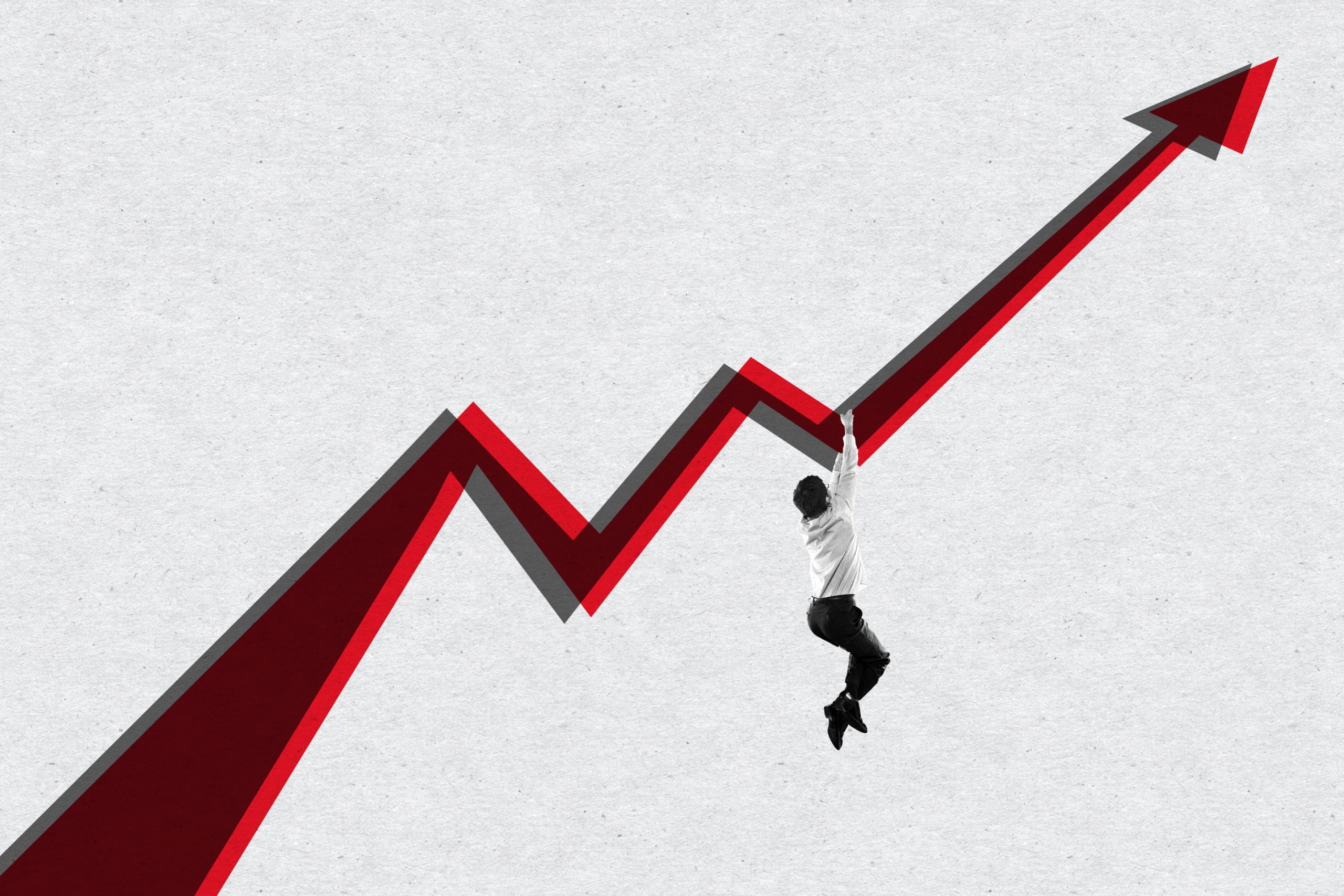To many investors, inflation is like a monster under the bed which is suddenly becoming very real. For over 30 years we have been able to ignore its raging menace. But now, with prices rising by more than 10 percent a year and the best fixed-rate savings accounts delivering less than 5 per cent return on investment, your cash is on track to half of it original value in 14 years. We just cannot close our eyes and pretend it is not there.
We had discussed the effects of inflation on our investments and return on investments. But in this article, we will go over 4 thing one can do to stay ahead of inflation by investing :
Diversify, diversify and diversify
Diversification not only means investing in different stocks or investing in a single industry but also the allocation of assets in different asset classes such as, equities, mutual funds, bonds, real estate, etc. But it is also important to understand that too much diversification is also a problem because investing in multiple assets with a limited asset pool will not allow you too reap significant rewards. By investing in different classes one can reap rewards from other industries when one of their investments are down.
Diversification also allows you to invest in riskier investments with higher interest rates, while also investing in safer investments at the same time to safeguard your assets. This can help you grow your assets in no time and keep them secure at the same time.
Drip feed your money in
A way to minimize losses in uncertain times is to drip-feed your money slowly into the markets – a process known as rupee-cost averaging. By investing small amounts of money at regular intervals you will sometimes invest when the market is up, getting fewer shares for your money, but you will sometimes invest when it is down, meaning you will get more.
This is likely to smooth out the ups and downs of the market compared with investing a lump sum amount in one go, which could suddenly plummet in value if you bought just before a crash.
The counter argument is that the smaller your investment the smaller your gain if markets soar, but in the long run the aim for every investor is to reduce volatility and end up with higher returns overall. Drip feeding your money will thus, give you a smoother growth curve and an overall better chance of beating inflation.
Look for investments with high pricing power
Not all investments opportunities are deemed to be equals in the face of inflation. The key differentiator in these uncertain times is their pricing power. Pricing power describes the ability of a company to increase the prices of its services without impacting the demand for the service or losing market share to competitors. In an inflationary environment, margins are always under pressure because companies “import” inflation, whether they want it or not.
Overall costs for the companies increase through 3 major factors : labor, supply or energy. The only tool to mitigate the impact of inflation on margin is to increase the prices. Companies with a high pricing power will be able to do so the most efficiently, creating tailwind versus competitors.
If a company does not have a high pricing power, an increase in their prices would lessen the demand for their products. A company that has substantially high pricing power is one that provides a rare or unique product with few rivals in the market. In this case, if the company raises its prices, the increase may not affect demand because there are no alternative products on the market that consumers can choose instead, still maintaining the companies stronghold over the market share they possess.
Focus on equity based investments
Historically speaking, stock returns have outperformed inflation rates. Considering the rising prices of goods and services can generally mean higher profits for businesses. Better prices of the products can lead to higher share prices. However, there may be times when this is not the case, but in the long run, the stock market has historically provided returns that outperform inflation.
Stock markets have outperformed inflation in the long run but there are many ups and downs and volatile situations, in the short term. For the people who don’t want to track all the stocks they have invested in periodically, they can invest in equity based mutual funds after determining which fund appears to be best suited to their specific needs and expectations.
Bottom Line
Inflation is a long-term socioeconomic phenomenon that has a huge cascading effect on individuals. To beat inflation, various market strategies have evolved over time. Inflation is primarily caused by cost-push or demand-pull situations. It is completely possible to outperform inflation with the help of investments, but it is also necessary to realign the portfolio regularly to readjust to current inflation levels.





